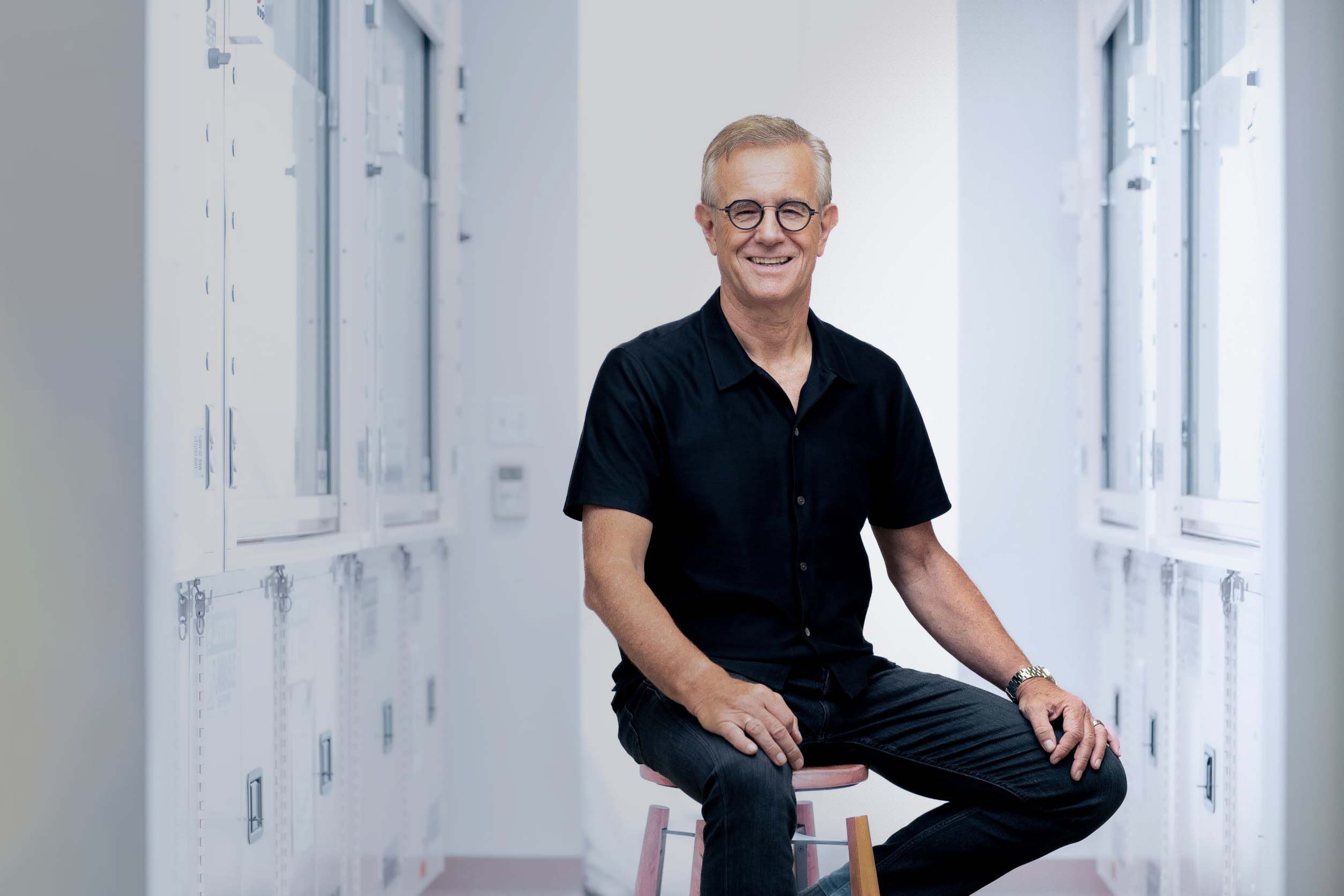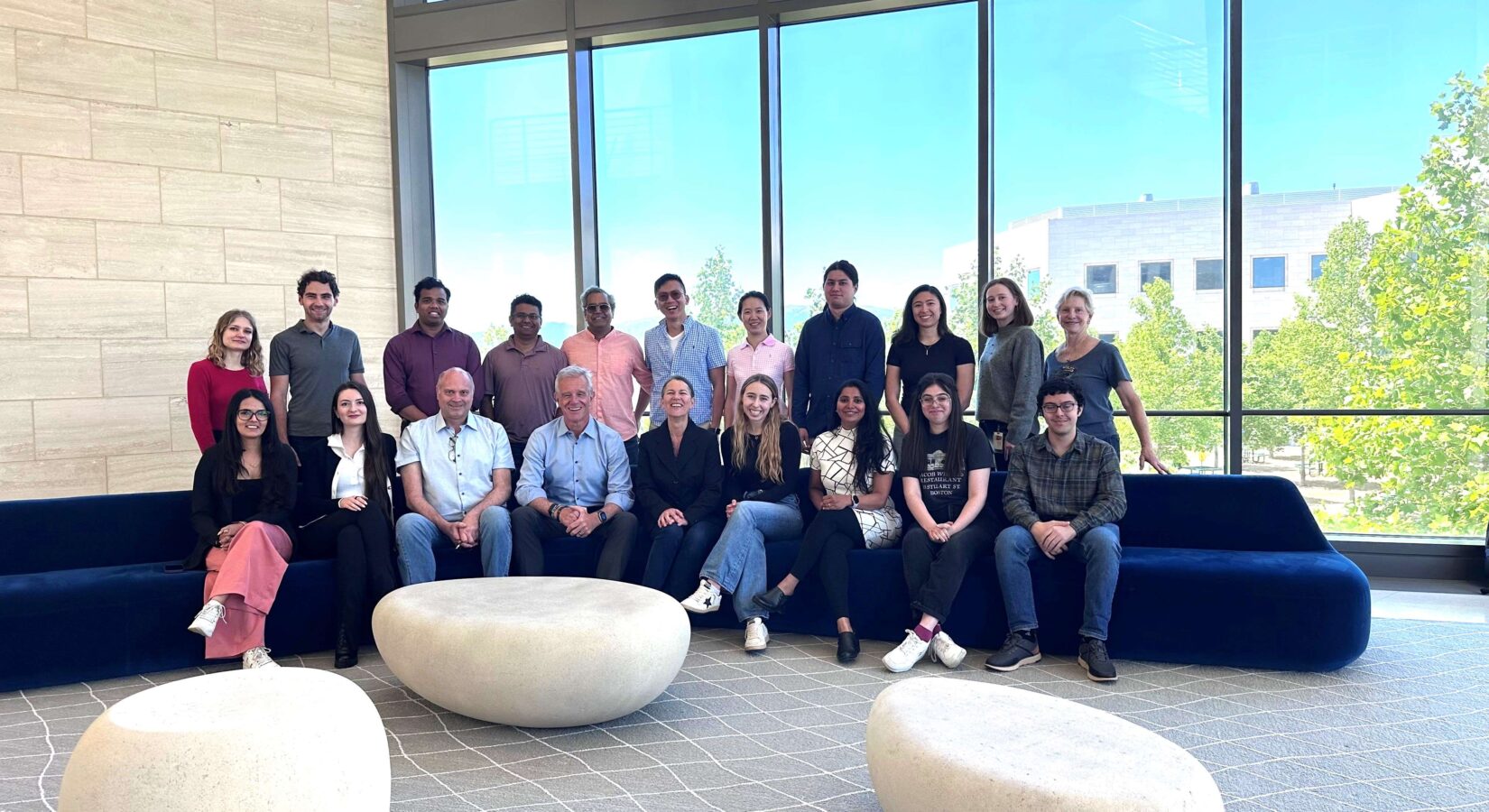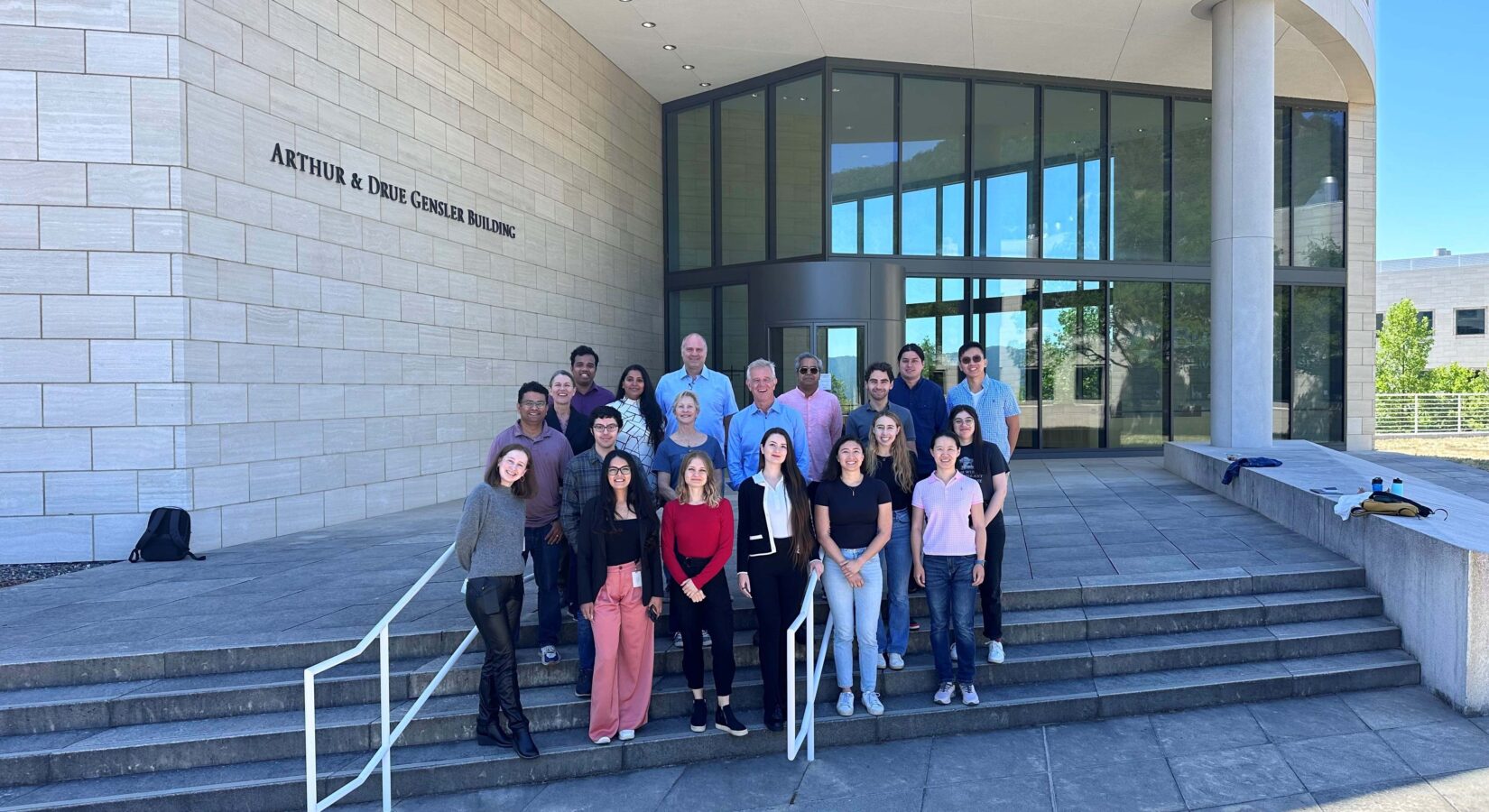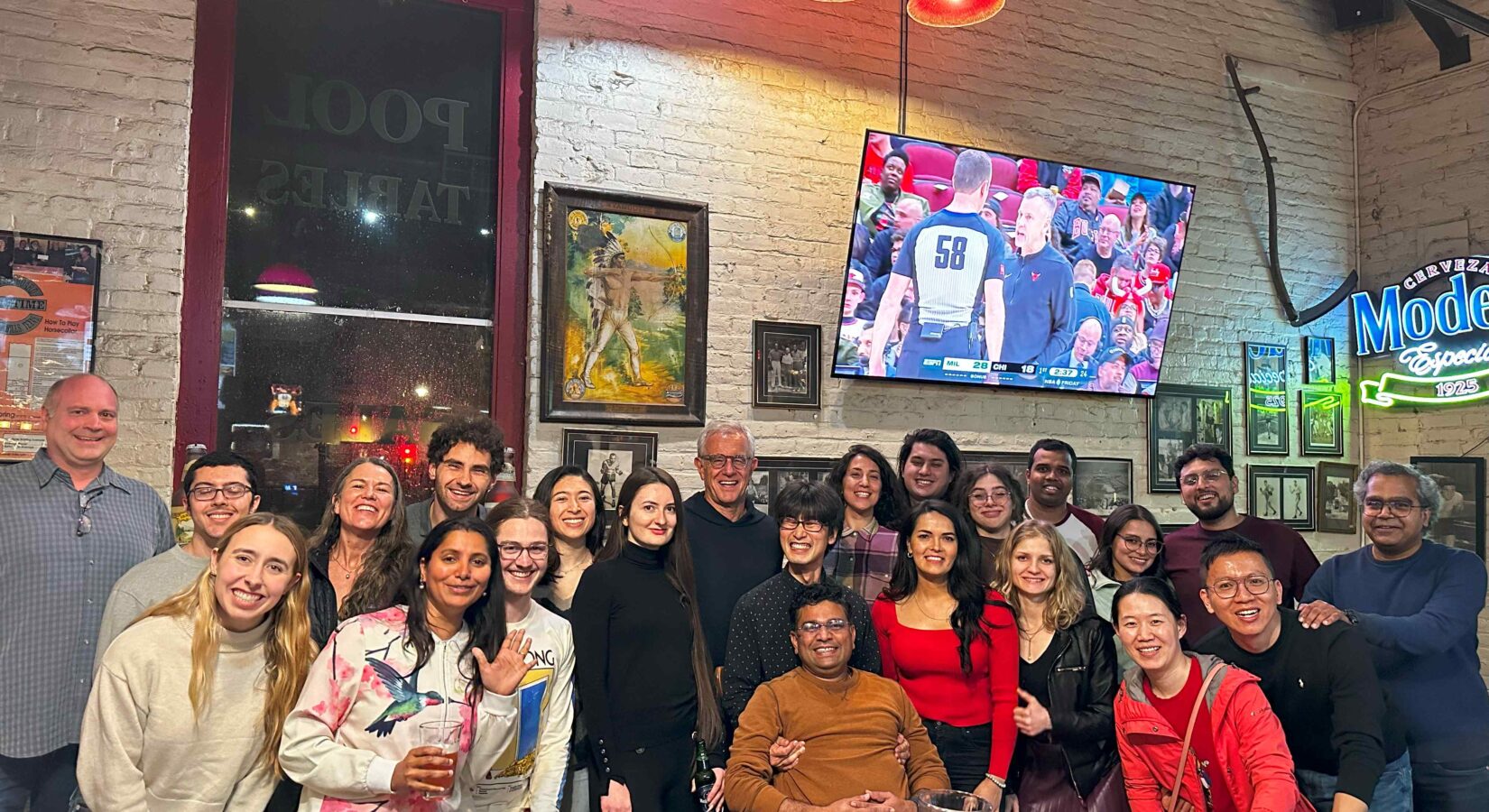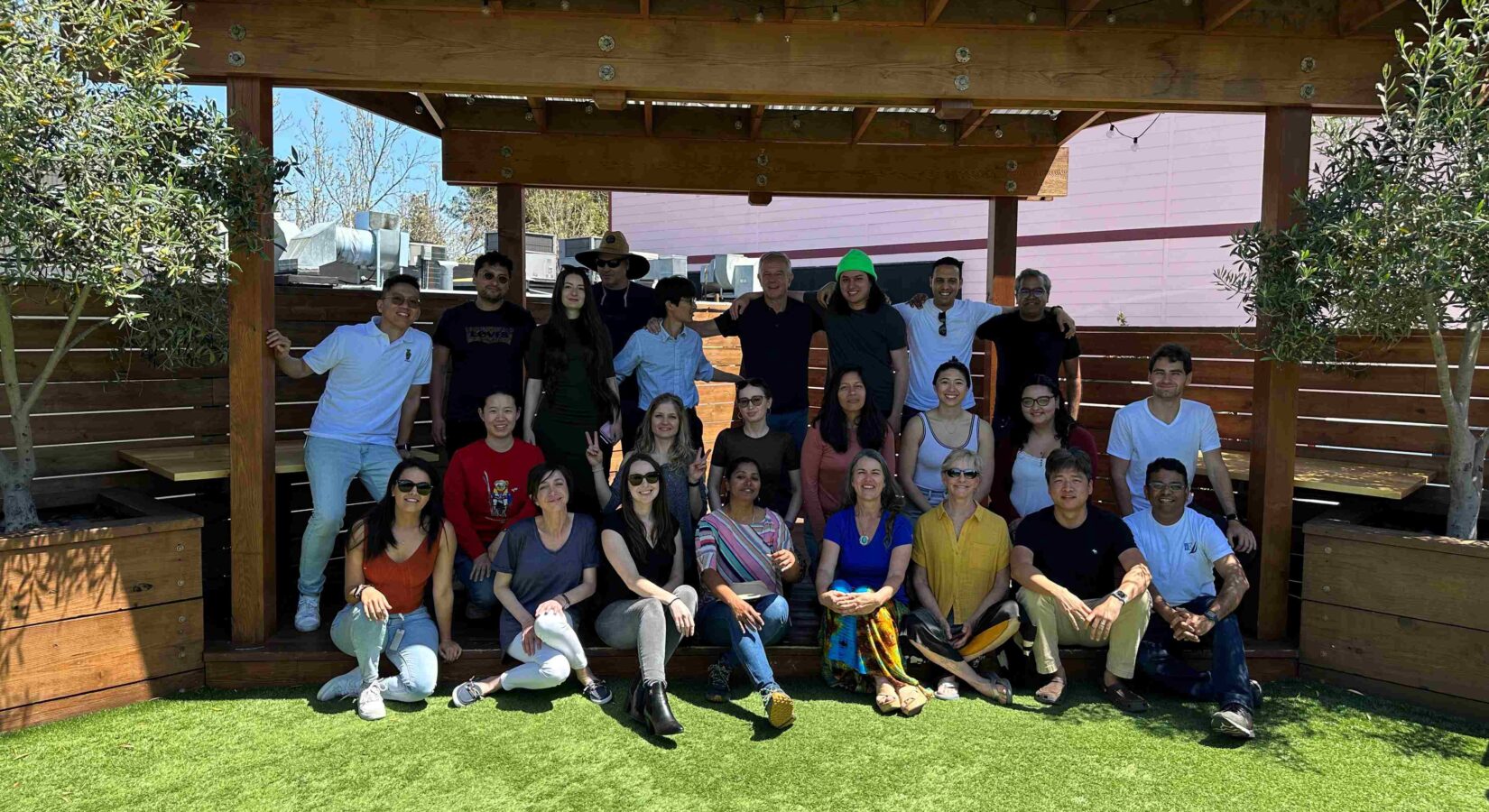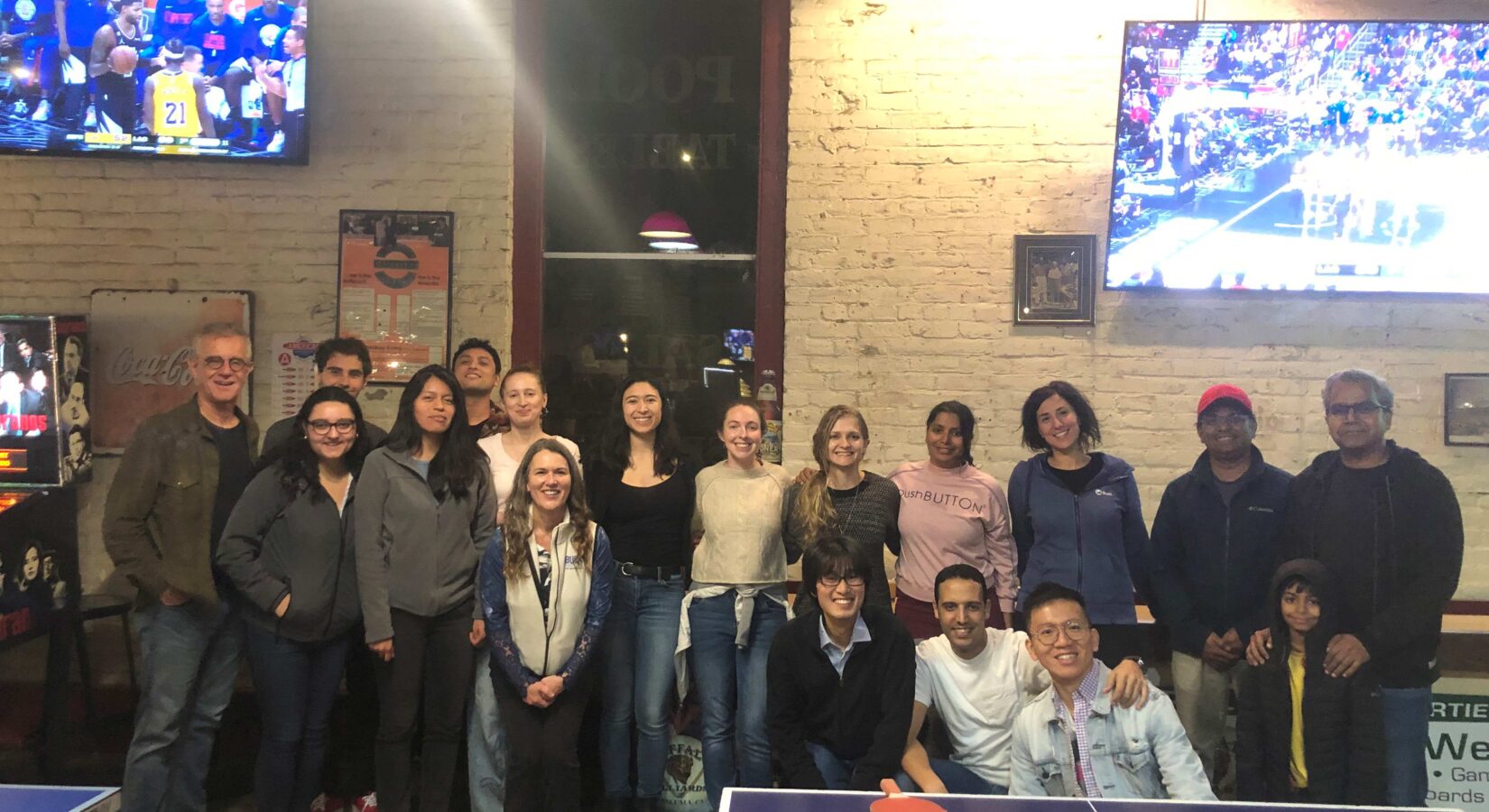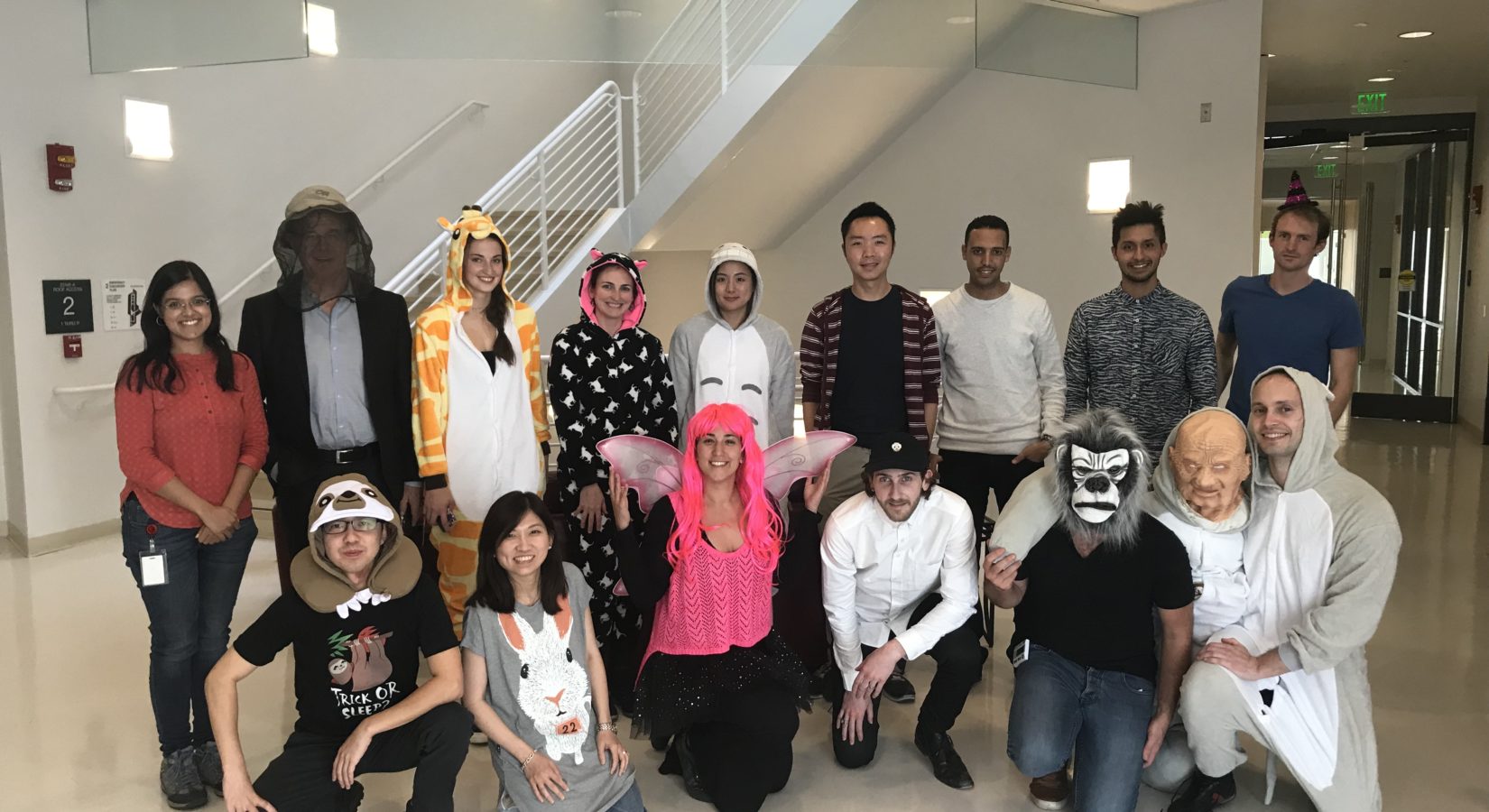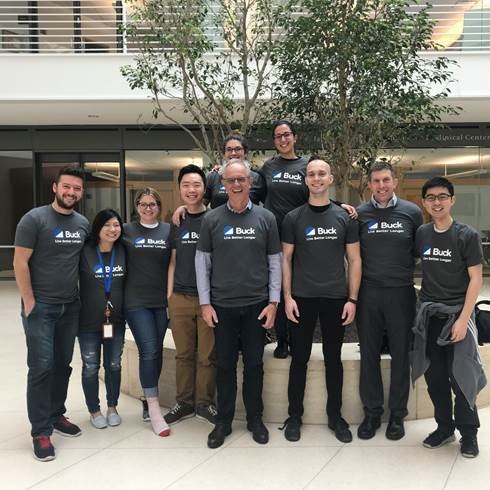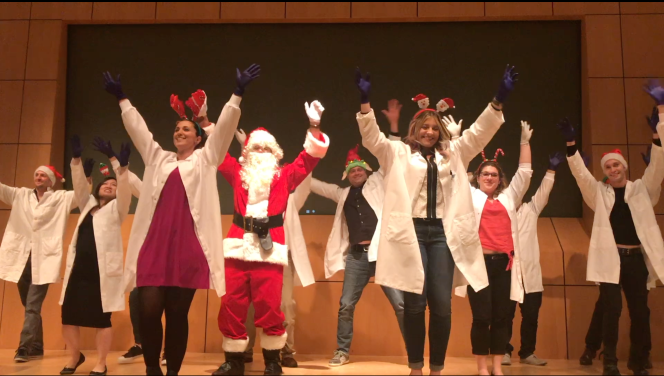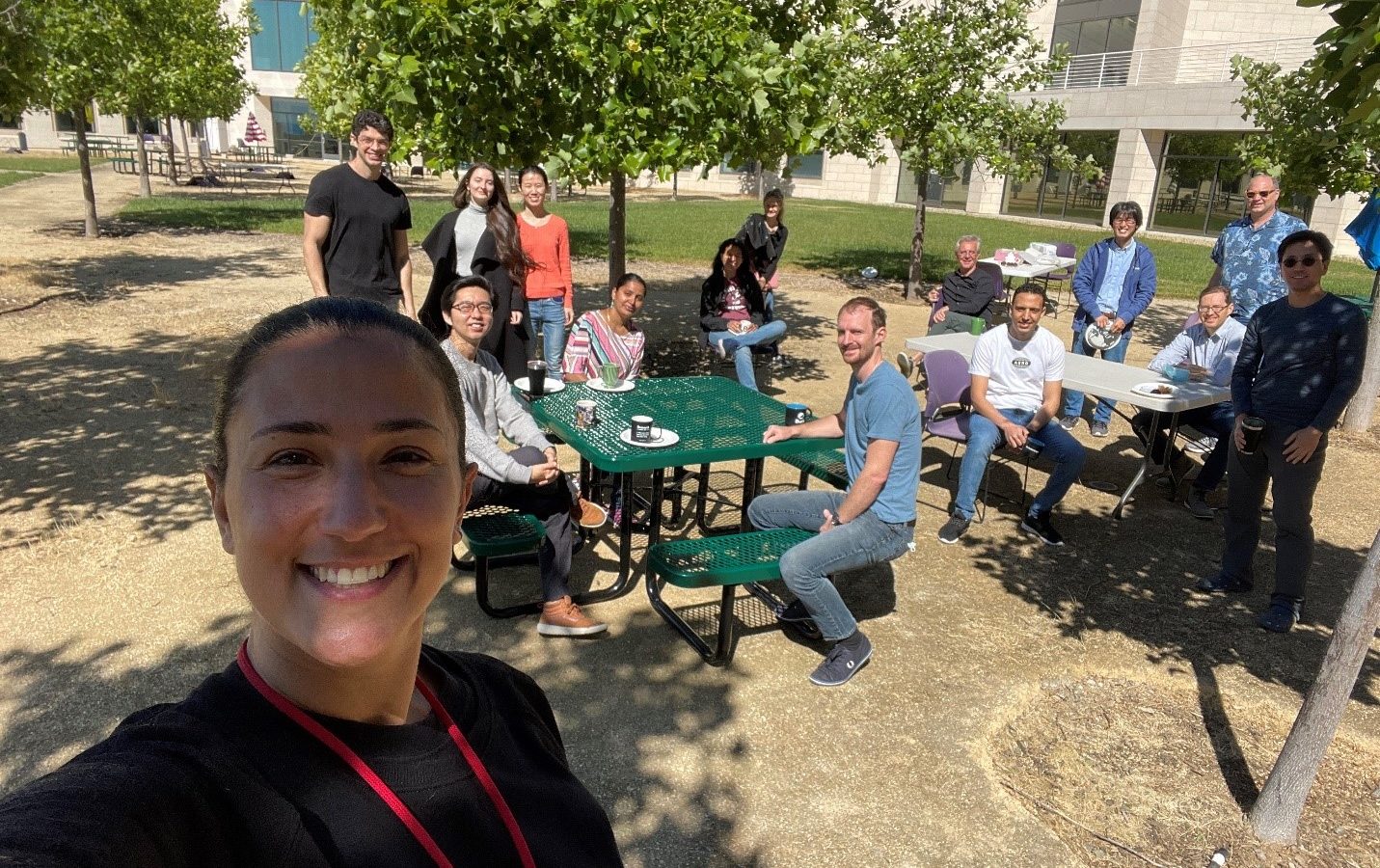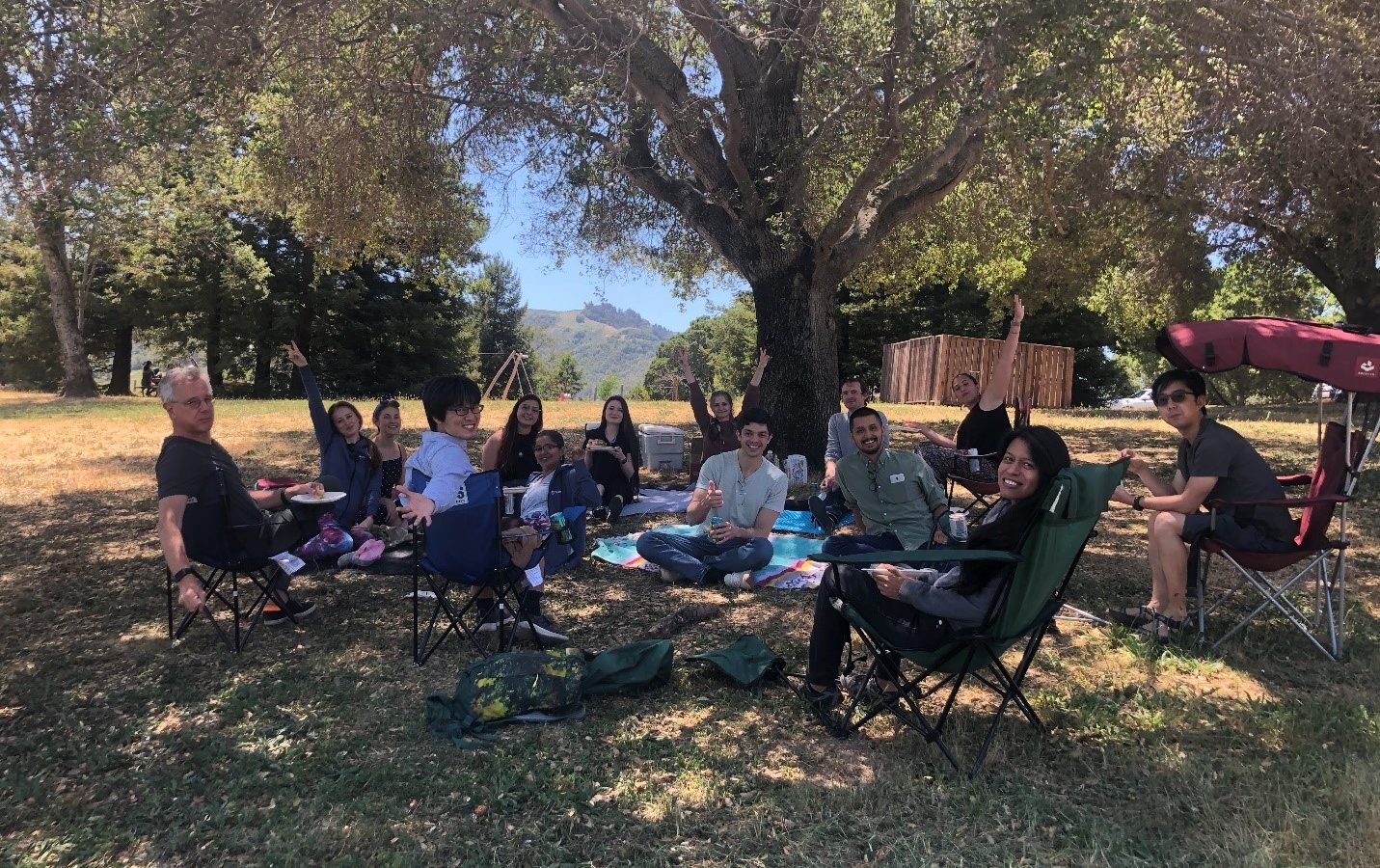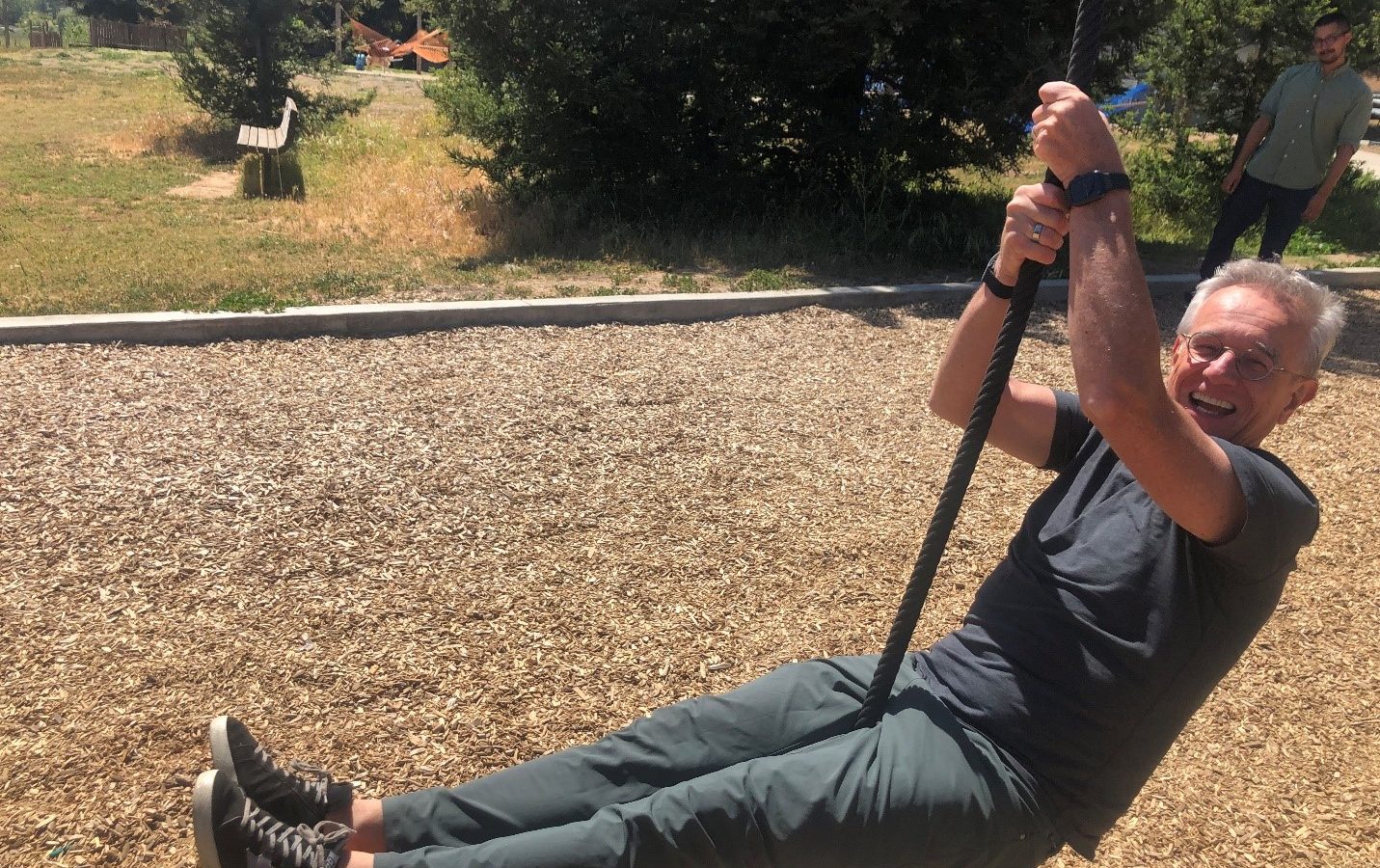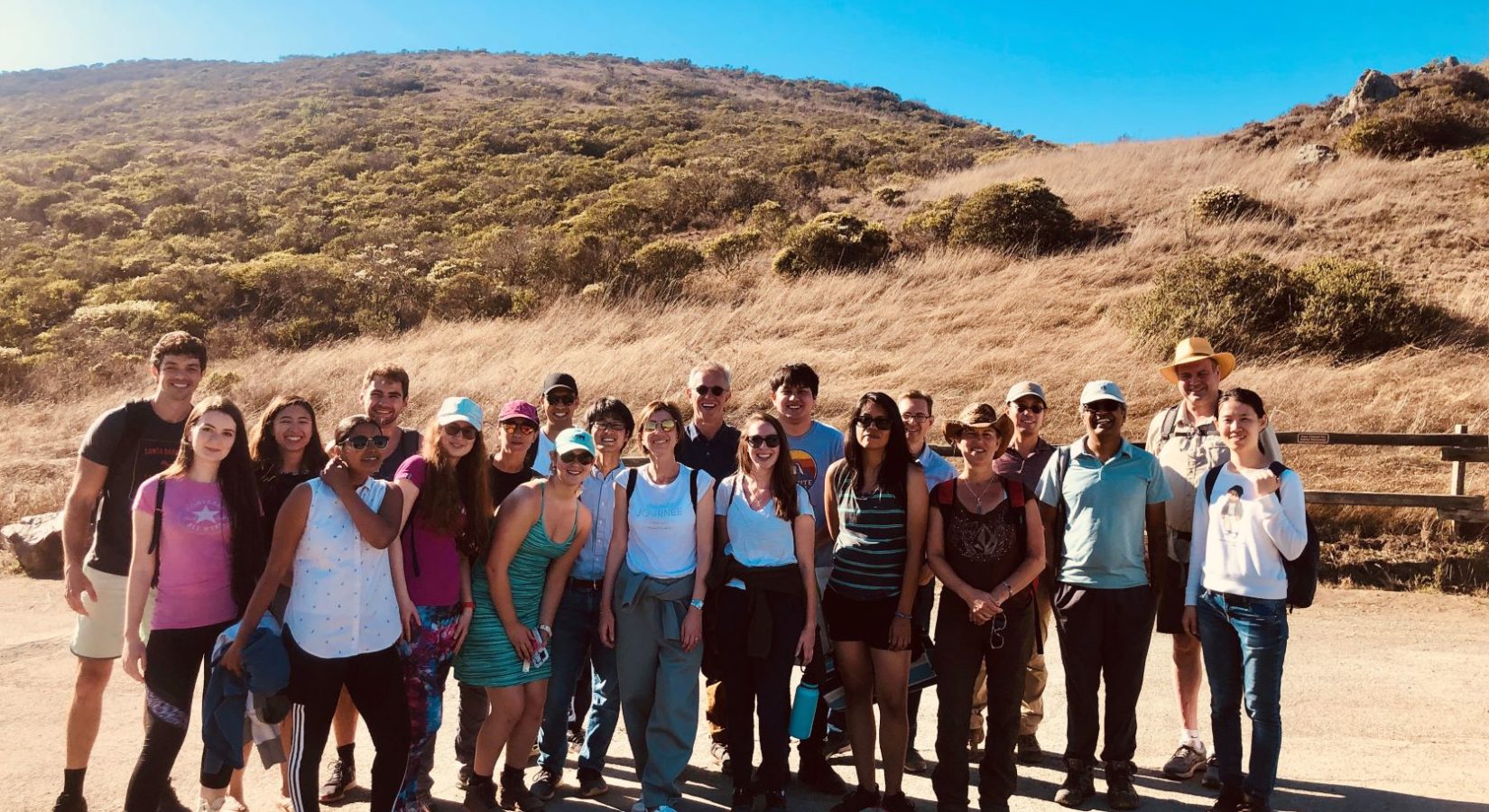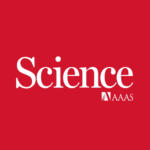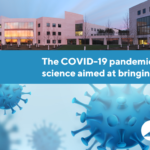VERDIN LAB
Lab focus
The Verdin lab studies the relationship between aging and the immune system. Aging is associated with defects in the adaptive immune system and with a state of chronic activation of the innate immune system (chronic inflammation).
We study how immune aging is regulated by nutrition. We have demonstrated how changes in the relative abundance of key cellular metabolites such as NAD+, acetylcoenzyme A, and the ketone body beta-hydroxybutyrate fluctuate under different nutritional conditions (obesity, calorie restriction, fasting, time-restricted feeding, ketogenic diet) and how this influences immune responses. We are working on key enzymes regulated by these metabolites. These include sirtuins (NAD+), histone acetyltransferases (acetylcoenzyme A), and histone deacetylases (HDACs).
We utilize worm, mice, and human model systems (including stem cells and iPSCs) to define how nutrients influence immune responses during aging. We are also studying how HIV infection induces a state of chronic inflammation and immune activation and how this induces accelerated aging in patients infected with HIV.
Why it matters
We believe chronic inflammation represents a key unifying factor underpinning the development of the chronic diseases of aging, including neurodegeneration (Parkinson’s and Alzheimer’s), cancer, type 2 diabetes, and atherosclerosis (heart attack and stroke). We are intrigued by possible connections between senescence, leaky gut, and innate immune activation. A better understanding of the mechanisms leading to the chronic inflammation associated with aging should provide novel therapeutic targets and potential interventions against human aging.
Science is showing that while chronological aging is inevitable, biological aging is malleable. There's a part of it that you can fight, and we are getting closer and closer to winning that fight.
Eric Verdin, MD
CENTER DETAILS
Dr. Verdin is the president and chief executive officer of the Buck Institute for Research on Aging. A native of Belgium, Dr. Verdin received his Doctorate of Medicine (MD) from the University of Liege and completed additional clinical and research training at Harvard Medical School. He has held faculty positions at the University of Brussels, the National Institutes of Health (NIH), and the Picower Institute for Medical Research. Dr. Verdin is also a professor of medicine at University of California, San Francisco.
Dr. Verdin studies how metabolism, diet, and small molecules regulate the activity of HDACs and sirtuins, and thereby the aging process and its associated diseases, including Alzheimer’s. He has published more than 270 scientific papers and holds more than 18 patents. He is a highly cited scientist (top 1 percent) and has been recognized for his research with a Glenn Award for Research in Biological Mechanisms of Aging and a senior scholarship from the Ellison Medical Foundation. He is an elected member of several scientific organizations, including the American Association for the Advancement of Science, the American Society for Clinical Investigation, and the Association of American Physicians. He also serves on the advisory council of National Institute on Drug Abuse at the National Institutes of Health.
Dr. Verdin has extensive experience working with biotech companies. He is a founder of Acylin (purchased by Abbvie). He served on the scientific advisory boards of Elixir, Sirtris (purchased by GSK), Calico (Google), and Nokia, and he also served as advisor to Sofinnova Ventures. Dr. Verdin has also worked for several years as a consultant to Novartis, GSK, J&J, Altana, Roche, Pfizer, and other biotech companies.
-
 Cristina Alexandru PhD Candidate, USC-Buck Biology of Aging Program
Cristina Alexandru PhD Candidate, USC-Buck Biology of Aging ProgramCristina grew up in Romania. She earned her BSc in genetics from the University of Manchester, UK. Her thesis focused on the discovery of novel gene mutations causing Gorlin syndrome, a hereditary cancer syndrome. During her studies she completed a one year internship at the University of Nevada, Reno where she examined protein-protein interactions and protein phosphorylation involved in the regulation of stomach smooth muscle contractility. She joined the Verdin lab in June 2020.
AAlexandru@buckinstitute.org
-
 Prasanna Ashok Kumaar, PhD Scientist
Prasanna Ashok Kumaar, PhD ScientistDr. Ashok Kumaar graduated as a Topper with Masters in Biochemistry & Biotechnology from Annamalai University, India. She secured a competitive 5-year National Research Fellowship for pursing her PhD at Anna University, India. Her research focused on developing analytical methods and engineering yeast strains for production of therapeutic proteins and enzymes. Before joining the Buck, she worked as a Research Fellow at Washington State University developing mass spectrometry methods to quantify small molecule drugs and studying interactions between DNA repair and chaperone proteins. Her interest in mass spectrometry approaches to study metabolomic and proteomic changes during aging brought her to the Buck in 2020.
PAshokKumaar@buckinstitute.org
-
 Olga Bielska, PhD Postdoctoral Researcher
Olga Bielska, PhD Postdoctoral ResearcherOlga obtained her BSc and MSc degrees in Biochemistry from the Taras Shevchenko National University of Kyiv in Ukraine. Then she moved to Germany to study Regenerative Biomedicine at the DFG-Center for Regenerative Therapies Dresden (CRTD). She conducted her Master thesis work in the US at the University of Florida and worked there for a year after her graduation from TU Dresden. In Florida, she mastered laser capture microdissection technique (LCMT) and established a staining protocol suitable for RNA isolation from human pancreatic islets of patients with type 1 diabetes for microarray analysis. She moved back to Europe to pursue her PhD degree in the Iargest research unit of France - Institute of Genetics and Molecular and Cellular Biology (IGBMC) affiliated with the University of Strasbourg. There she studied the signaling pathways that regulate mitochondrial dynamics during mitotic progression. Her passion to mitochondrial biology brought her to the lab of Eric Verdin. In the Buck, she studies how mitochondrial metabolism and function affect aging process in humans and mice. She likes gardening, photography, NBA games and interior design.
OBielska@buckinstitute.org
-
 Jingqi Fang, PhD Postdoctoral Researcher
Jingqi Fang, PhD Postdoctoral ResearcherDr. Fang received his Ph.D. degree in cell biology from the Institute of Biophysics (IBP), Chinese Academic of Sciences (CAS). Currently a postdoctoral research scholar in the Verdin lab, he focuses on the investigation of the role of CD38 in brain aging. Before he joined the Verdin lab, he has been in the Brand lab for 3 years studying how the specific mitochondrial complex I inhibitor to regulate aging process.
JFang@buckinstitute.org
-
 Ariel Floro Ph.D. Candidate, USC-Buck Biology of Aging Program
Ariel Floro Ph.D. Candidate, USC-Buck Biology of Aging ProgramAriel Floro is a PhD Candidate in the Verdin lab. Originally from Los Angeles, she graduated from UCLA with a Bachelor’s in Microbiology, Immunology, and Molecular Genetics and a minor in Biomedical Research. Her undergraduate research focused on the structure of an HIV protein. After graduating, she worked as a research associate, studying inflammation via UVB radiation and the neuro-immune interactions of psoriasis. She decided to pursue aging research as it ties together her passions for science and healthy living. In the Verdin lab, she studies the role of ketone bodies in aging of the immune system. Aside from lab, she enjoys training and teaching martials arts and wrestling.
AFloro@buckinstitute.org
-
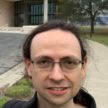 Indra Heckenbach PhD candidate, visiting scientist from University of Copenhagen
Indra Heckenbach PhD candidate, visiting scientist from University of CopenhagenIndra is pursuing a PhD with the University of Copenhagen. He has an MSc in biophysics and a background in software development. He is focused on applying deep learning and computational methods to aging research and biomedical sciences.
-
 Vicki Hirth Lab Technician
Vicki Hirth Lab TechnicianVicki has spent a career in the health industry working in physical therapy. Although retirement allows her to enjoy life to the fullest, her keen interest in science, healthspan, and wanting to contribute to her community initially brought her to the Buck Institute to volunteer. She also owned her own tennis retail store for 16 years before retiring. She enjoys coming to lab on a part time basis to support research projects through her organizational and cleaning skills. The lab has a good symbiotic relationship with her aptitude.
VHirth@buckinstitiute.org
-
 Wendy Jara Dominican University Graduate Student
Wendy Jara Dominican University Graduate StudentWendy graduated from Dominican University of California with a B.S. in biology and minors in chemistry and mathematics. During her time at Dominican, she participated on research focused on determining the mechanism of action of an experimental acridone compound (T111) against Plasmodium falciparum. After graduation Wendy joined the Verdin lab in 2022 as a Dominican University Master’s Student. Outside of the lab, Wendy enjoys traveling, hiking, and going out with friends and family.
WJara@buckinstitute.org
-
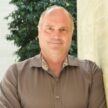 Herb Kasler, PhD Research Assistant Professor, Flow Cytometry Core Director
Herb Kasler, PhD Research Assistant Professor, Flow Cytometry Core DirectorDr. Kasler did his undergraduate work in biology at Duke University and earned his PhD in immunology from University of California, Berkeley, working on the regulation of cell death in T-cell development in the laboratory of Dr. Astar Winoto. Since joining the Verdin lab, his main area of focus has been elucidating the immunobiology of histone deacetylase 7 (HDAC7), an epigenetic regulator with an essential role in the maintenance of immune self-tolerance. With other members of the immunology group, he is working to define the molecular mechanisms whereby the TCR-dependent nuclear export of HDAC7 mediates both negative thymic selection and the differentiation of agonist-selected innate-like T-cell populations. By understanding the important role of HDAC7 in T-cell development, he hopes to gain new insights into the regulation of immune self-tolerance and also to identify novel molecular pathways that can be targeted in autoimmune disease. When he is not pushing back the frontier of human knowledge one miniprep at a time, he likes to cook fabulous food for his friends and family, hike through the many splendid landscapes surrounding the Bay Area, and play at being a suburban farmer.
HKasler@buckinstitute.org
-
 Mir Mubashir Khalid, PhD Postdoctoral Researcher
Mir Mubashir Khalid, PhD Postdoctoral ResearcherMir Khalid (Khalid) was born and raised in Bangladesh. He completed his BS and MS in genetic engineering and biotechnology. Later, he pursued a research master's (MSc) in infection and immunity in the Netherlands. Khalid completed his PhD in molecular virology as a visiting graduate student at Prof. Melanie Ott's lab at Gladstone Institutes/UCSF. His research focused on the role of Zika virus Capsid in the NMD pathway, SARS-CoV-2 Epsilon Spike mutations on cellular entry, and SARS-CoV-2 ORF8 protein on the IL17RA pathway. After graduation, he continued as a postdoc at Ott Lab where he investigated SARS-CoV-2 ORF8's role in virion production. In March 2024, he joined Verdin lab as a postdoc to research HIV transcription and metabolism. His interests outside the lab include, hiking, computer gaming, soccer, board games, and bouldering.
MKhalid@buckinstitute.org
-
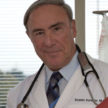 Dobri Kiprov, MD, HP Visiting Scientist
Dobri Kiprov, MD, HP Visiting ScientistDr. Dobri Kiprov is a co-founder of Lyfspn and a practicing physician Board certified in Hemapheresis, internationally recognized for his pioneering work in the field of Therapeutic Apheresis. He is the first physician to be Board Certified in Hemapheresis and has practiced for over 30 years. Dr. Kiprov has more than 100 publications and his most recent research has established him as a leader in the prevention and treatment of age related medical conditions. He served two terms on the American Society of Apheresis Board of Directors and created the first ASFA education video program. He is the author of Lifestyle in Motion, a cookbook on how to boost your immune system, prevent diseases, defy aging, and control weight.
-
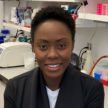 Chisaka Kuehnemann Visiting Scientist
Chisaka Kuehnemann Visiting ScientistChisaka is a PhD candidate in the Buck-USC graduate program, where she is studying cellular senescence, a basic aging process. Prior to joining the Buck, she did oncology drug discovery at Human Genome Sciences. She received a bachelor’s degree from the University of Maryland Baltimore County and a master’s degree from Johns Hopkins University. Her particular research focus is in understanding how certain drugs, such as those used in anti-retroviral therapies, might promote aging by inducing cellular senescence, especially since these drugs have been shown to accelerate aging in human patients. Outside of the lab, she reads science fiction, designs costumes, and is an avid cook.
CKuehnemann@buckinstitute.org
-
 Ryan Kwok Research Associate
Ryan Kwok Research AssociateRyan grew up in Hong Kong. He earned his bachelor’s degree in Biology from Reed College where he wrote his thesis on the effects of the social environment on cichlid telomeres. Ryan joined the Verdin lab in 2019. He assists with various assays as well as maintaining the lab and mouse colony.
RKwok@buckinstitute.org
-
 Jorge Landgrave-Gomez Postdoctoral Researcher
Jorge Landgrave-Gomez Postdoctoral ResearcherJorge began his academic journey at the Universidad Nacional Autónoma de México (UNAM) in Mexico City, where he secured both his bachelor's and master's degrees. His quest to understand better epigenetic processes took him to the King Abdullah University of Science and Technology (KAUST) in Saudi Arabia. Here, he pursued his PhD in the Chromatin Biochemistry laboratory, mentored by Wolfgang Fischle, an esteemed former student of Professor Verdin.
Now, as a postdoctoral researcher in Professor Verdin's lab, Jorge's research is fueled by his intense passion to decode the intricate links between intermediary metabolism and epigenetics, particularly their collective influence on aging. Currently, he is focused on crafting innovative techniques to profile and delve into the outcomes of various types of acylation as they relate to the aging process. Outside the laboratory he enjoys San Francisco city-vibe and the beautiful landscapes of the Bay Area with his wife and dogs.
Beyond his academic pursuits, Jorge cherishes the unique vibrancy of San Francisco and the breathtaking beauty of the Bay Area, enjoying them alongside his wife and their dogs.JLandgrave-Gomez@buckinstitute.org
-
 Sierra Lore Research Associate
Sierra Lore Research AssociateSierra is currently enrolled as a PhD student in the Cellular and Genetic Medicine program at the University of Copenhagen. Sierra graduated from Stanford University with a Bachelor of Science in bioengineering and minors in both spanish and writing. Her undergraduate aging research was focused on understanding the effects of young versus aged mitochondria and allotopic expression. During her PhD, she will be focused on genome instability in the immune system. Outside of the lab, Sierra loves rock climbing, reading, and exploring San Francisco.
SLore@buckinstitute.org
-
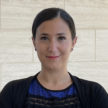 Rosalba Perrone Visiting Scientist
Rosalba Perrone Visiting Scientist -
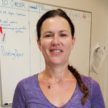 Rebeccah Riley Senior Research Associate, Verdin Lab Manager
Rebeccah Riley Senior Research Associate, Verdin Lab ManagerRebeccah received her bachelor’s degree in molecular and cellular biology from UC Santa Cruz. Early on she began studying the mechanisms of the human papilloma virus using rodent models to understand the correlation between 17B-estradiol and cervical cancer at UCSF. She joined the Buck Institute in 2003 to continue research on novel cancer cell therapies and the role of stem cell maintenance in the aging process. Taking a leap more into management, she recently joined the Verdin lab in 2019 as the lab manager, providing support and expertise to a variety of personnel and projects. In her spare time she trains dogs for search and rescue, passionately trail rides her horses wherever and whenever she can, and enjoys raising two small boys in lovely Sonoma County.
Please contact Rebeccah with any lab management requests for reagents, plasmids, mouse lines, or protocols.RRiley@buckinstitute.org
-
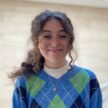 Andrea Roberts Postbaccalaureate Researcher
Andrea Roberts Postbaccalaureate ResearcherAndrea graduated from University of Pittsburgh with a B.S in neuroscience. Her undergraduate work focused on characterizing the neurobiology of disease and accelerated aging following traumatic brain injury in rat and mouse models. After graduation, Andrea joined the Verdin lab in August 2023 as a Post-baccalaureate researcher. Outside of the lab, Andrea enjoys cooking, exploring new places, and meeting new people.
ARoberts@buckinstitute.org
-
 Durai Sellegounder, PhD Scientist
Durai Sellegounder, PhD ScientistDurai joined the Verdin lab as a Scientist in 2022. His research focus is to understand the role of NAD metabolism during Aging. Specifically, Durai is working to decipher the protective effect of increasing NAD+ bioavailability in brain cells using NAD precursors. Before joining the Verdin lab, he worked as a staff scientist at Buck Institute, exploring the role of metabolic intermediates in neurodegeneration using the 3xTg mice model. As a postdoctoral research associate at Washington State University. Durai characterized the function of neuronal G-protein coupled receptors (GPCRs) and uncovered the mechanism and role of neurotransmitters in regulating immunity and aging in C. elegans. Durai held fellowships at the University of Hyderabad and Alagappa University in India, where he completed his Ph.D. in understanding host-pathogen interactions using C. elegans as a model.
DSellegounder@buckinstitute.org
-
 Daria Timonina, PhD Postdoctoral Researcher
Daria Timonina, PhD Postdoctoral ResearcherDaria earned her Bachelor of Science in biochemistry and molecular biology from the University of Arizona. Following her graduation, she joined Massachusetts General Hospital in collaboration with Harvard Medical School. There, she specialized in creating mouse models from human lung cancer tumors to evaluate cancer treatments. Driven by her deep-rooted interest in the aging process, Daria then obtained her PhD in the Biology of Aging from the University of Southern California. Currently, she is dedicated to researching the impact of sleep quality on cellular senescence and immune function.
DTimonina@buckinstitute.org
-
 Ritesh Tiwari, PhD Senior Research Associate
Ritesh Tiwari, PhD Senior Research AssociateDr. Tiwari completed his masters in biotechnology at Madurai Kamraj University and earned his PhD in immunology from National institute of Immunology, New Delhi, India in 2014 where he worked on the influence of impaired vesicular transport in Beige B cells response. Since then he has worked on multiple projects involving universities and industries helping them educate, design and analyse experimental data involving multi-color flow cytometry. He joined the Verdin lab in September 2019 and his work includes providing support to a diverse array of projects in the biology of aging, both by sorting cells and by helping with immunophenotyping and other types of analyses involving Flow cytometry as well as working on role of chromatin modifications, particularly histone acetylation, in immune aging and autoimmune disease. In his spare time he enjoys going for hike or bike ride with his fellow buck colleagues.
RTiwari@buckinstitute.org
-
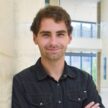 Alan Tomusiak Ph.D. Student, USC-Buck Biology of Aging Program
Alan Tomusiak Ph.D. Student, USC-Buck Biology of Aging ProgramAlan began his academic career by studying how master transcription factors regulate differentiation state in plants, culminating in an Honor’s degree in biology from Stanford University with a minor in computer science. After graduating, he assisted in developing high-throughput CRISPR screens at a CAR-T immunotherapy startup, igniting an interest in reprogramming cells for therapeutic benefit. Pivoting into aging, Alan now works on harnessing the immune system to slow aging through partial reprogramming and designing new epigenetic clocks.
ATomusiak@buckinstitute.org
-
 Genesis Vega Hormazabal, PhD Postdoctoral Researcher
Genesis Vega Hormazabal, PhD Postdoctoral ResearcherDr. Vega earned her PhD in cellular and molecular biology from Universidad Austral de Chile affiliated with the Centro de Estudios Cientificos, Chile. During her studies she completed an internship at the University of Heidelberg, Germany, where she examined the function of ion channels and mitochondrial function in the airway and intestinal electrophysiology. In 2019, she moved to Universidad Mayor in Santiago de Chile, where she investigated as a postdoctoral fellow the role of NAD+ imbalance in the activation of necrosome and dysfunction of mitochondrial metabolism in chemotherapy induced peripheral neuropathy. In April 2022, Genesis joined Dr Verdin lab as a visiting scientist to study the role of NAD+ in the mechanism of axonal degeneration. In October 2022, Genesis become postdoctoral scholar in Dr. Verdin lab to study the impact of senescent like T cells in the brain during aging. Outside the lab, Genesis enjoys riding her bike, hiking, rowing, drawing and traveling.
gvegahormazabal@buckinstitute.org
-
 Yini Zhang, PhD Postdoctoral Researcher
Yini Zhang, PhD Postdoctoral ResearcherDr. Zhang joined the Verdin lab in February, 2020. She earned her PhD in biochemistry and molecular biology at the Institute of Biophysics, Chinese Academy of Sciences, where she studied the details of the interaction between Ero1a and PDI, which are two ER-located proteins responsible for oxidative protein folding, and investigated the suppression of cervical cancer by targeting Ero1a-PDI interaction. She also studied the function and mechanism of S-nitrosalytion, a post-translational modification of Ero1a. In her free time, she enjoys traveling and reading.
YZhang@buckinstitute.org
Senior Research Associate, Verdin Lab Manager
Please contact Rebeccah with any lab management requests for reagents, plasmids, mouse lines, or protocols.
RRiley@buckinstitute.org
Phone: 415-209-2000 x2882
Executive Administrative Assistant
Please contact Lauren for assistance with administrative needs such as scheduling appointments with Dr. Verdin.
LNewman@buckinstitute.org
Phone: 415.209.2229
LAB GALLERY
Selected Publications
- Verdin, E. (2015 Dec 4). NAD⁺ in aging, metabolism, and neurodegeneration. Science, 350(6265), 1208–13. DOI: 10.1126/science.aac4854. Review. PubMed PMID: 26785480.
- Verdin, E., Ott, M. (2015 Apr). 50 years of protein acetylation: From gene regulation to epigenetics, metabolism and beyond. Nat Rev Mol Cell Biol, 16(4), 258–64. DOI: 10.1038/nrm3931. PubMed PMID: 25549891.
- Gut, P., Verdin, E. (2013 Oct 24). The nexus of chromatin regulation and intermediary metabolism. Nature, 502(7472), 489–98. DOI: 10.1038/nature12752. Review. PubMed PMID: 24153302.
- Shimazu, T., Hirschey, M. D., Newman, J., He, W., Shirakawa, K., Le Moan, N., Grueter, C. A., Lim, H., Saunders, L. R., Stevens, R. D., Newgard, C. B., Farese, R. V. Jr, de Cabo, R., Ulrich, S., Akassoglou, K., Verdin, E. (2013 Jan 11). Suppression of oxidative stress by β-hydroxybutyrate, an endogenous histone deacetylase inhibitor. Science, 339(6116), 211–4. DOI: 10.1126/science.1227166. PubMed PMID: 23223453. PubMed Central PMCID: PMC3735349.
- Hirschey, M. D., Shimazu, T., Jing, E., Grueter, C. A., Collins, A. M., Aouizerat, B., Stančáková, A., Goetzman, E., Lam, M. M., Schwer, B., Stevens, R. D., Muehlbauer, M. J., Kakar, S., Bass, N. M., Kuusisto, J., Laakso, M., Alt, F. W., Newgard, C. B., Farese, R. V. Jr, Kahn, C. R., Verdin, E. (2011 Oct 21). SIRT3 deficiency and mitochondrial protein hyperacetylation accelerate the development of the metabolic syndrome. Mol Cell, 44(2), 177–90. DOI: 10.1016/j.molcel.2011.07.019. PubMed PMID: 21856199. PubMed Central PMCID: PMC3563434.
- Hirschey, M. D., Shimazu, T., Goetzman, E., Jing, E., Schwer, B., Lombard, D. B., Grueter, C. A., Harris, C., Biddinger, S., Ilkayeva, O. R., Stevens, R. D., Li ,Y., Saha, A. K., Ruderman, N. B., Bain, J. R., Newgard, C. B., Farese, R. V. Jr, Alt, F. W., Kahn, C. R., Verdin, E. (2010 Mar 4). SIRT3 regulates mitochondrial fatty-acid oxidation by reversible enzyme deacetylation. Nature, 464(7285), 121–5. DOI: 10.1038/nature08778. PubMed PMID: 20203611. PubMed Central PMCID: PMC2841477.
IN THE NEWS
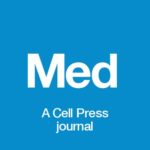
Investigating Ketone Bodies as Immunometabolic Countermeasures against Respiratory Viral Infections

Buck CEO, Eric Verdin, interviewed on KCBS about partnering with UCSF to try and find a drug to treat COVID19

